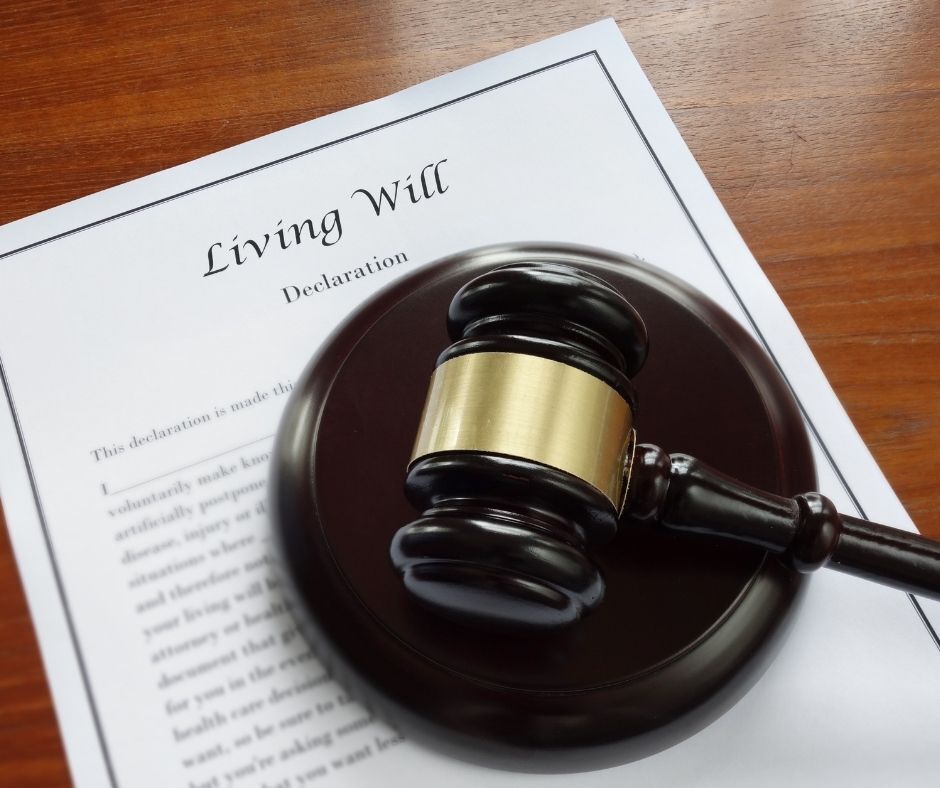Wills and Trusts: What They Are and When To Use Them
You’ve worked your entire life to build an estate, and now it’s time to make sure that your assets are protected. You might be wondering what a will or trust is and how they differ. We’ll walk you through the differences between wills and trusts, when you need them, and other important documents in estate planning, so you can take care of your family if something unexpected happens to you.
Wills
-
A will is a legal document that dictates how you would like your assets and property distributed after death.
-
To make a will, you must be 18 or over and have the capacity to manage your own affairs. You also need to be aware of who might inherit if you die without making a will.
-
If you've made a new will, it's important to let everyone know so they can update their records accordingly, including: Your solicitor, who drew up the document for you; The person responsible for keeping track of wills (known as an executor); and any beneficiaries named in it.
Trusts
A trust is a legal arrangement that allows you to transfer ownership of assets to someone (the trustee) who has power over those assets. A trust is different from a will because it doesn't deal with the distribution of your property after death; instead, it deals with who gets control over your money while you're still alive.
There are types of trusts that govern personal finances for individuals:
-
Living Trusts - These are documents created by individuals during their lifetimes that establish guidelines for distributing funds after death among beneficiaries such as spouses, children, and charities. These types of trusts remain valid if drawn up properly by an attorney or financial planner so long as there are no changes made later by anyone named in them without consulting legal counsel first!
Living Wills
-
A living will is a document that lets your family and doctors know your wishes regarding medical treatment in the event you can no longer communicate those wishes.
-
Living wills are not a substitute for a will. They are just one way to communicate what you want in advance.
-
Living wills are not legally binding, so they may not be honored by doctors or hospitals even if they accurately reflect your wishes and values.
Power of Attorney
A power of attorney is a legal document that allows you to appoint someone to act on your behalf. This can be a blessing when you’re too ill or incapacitated to make important decisions, but they also have their limitations.
Power of attorney acts in two capacities: as attorney-in-fact and as guardian/conservator. As an attorney-in-fact, the person you appoint can make financial and medical decisions on your behalf without having to obtain court approval first. A guardian/conservator, however, must go through probate court before being able to act for another person who has lost mental capacity.
A power of attorney can be extremely useful when dealing with an elderly parent or other loved one who needs help with finances and/or personal care decisions while they are still mentally competent enough to handle these tasks themselves..
Proper estate planning is important to make sure your assets are distributed as you want them to be.
The last thing you want to worry about when it comes time to pass on your estate is whether or not your assets will be distributed as you'd like them to be. That's why it's important to get the proper estate planning in place with a will or trust.
Here at the Nash Law Firm , we can help you set up all of these and more. Call us today to setup your free consultation.









![Nash Law Firm Logo [click to return home] Nash Law Firm](https://lirp.cdn-website.com/8c4d5b2c/dms3rep/multi/opt/nashlogo_colorgray_horz-1920w.png)



![Nash Law Firm Logo [click to return home] Nash Law Firm Logo](https://lirp.cdn-website.com/8c4d5b2c/dms3rep/multi/opt/nashlogo_whgold_horz-1920w.png)

